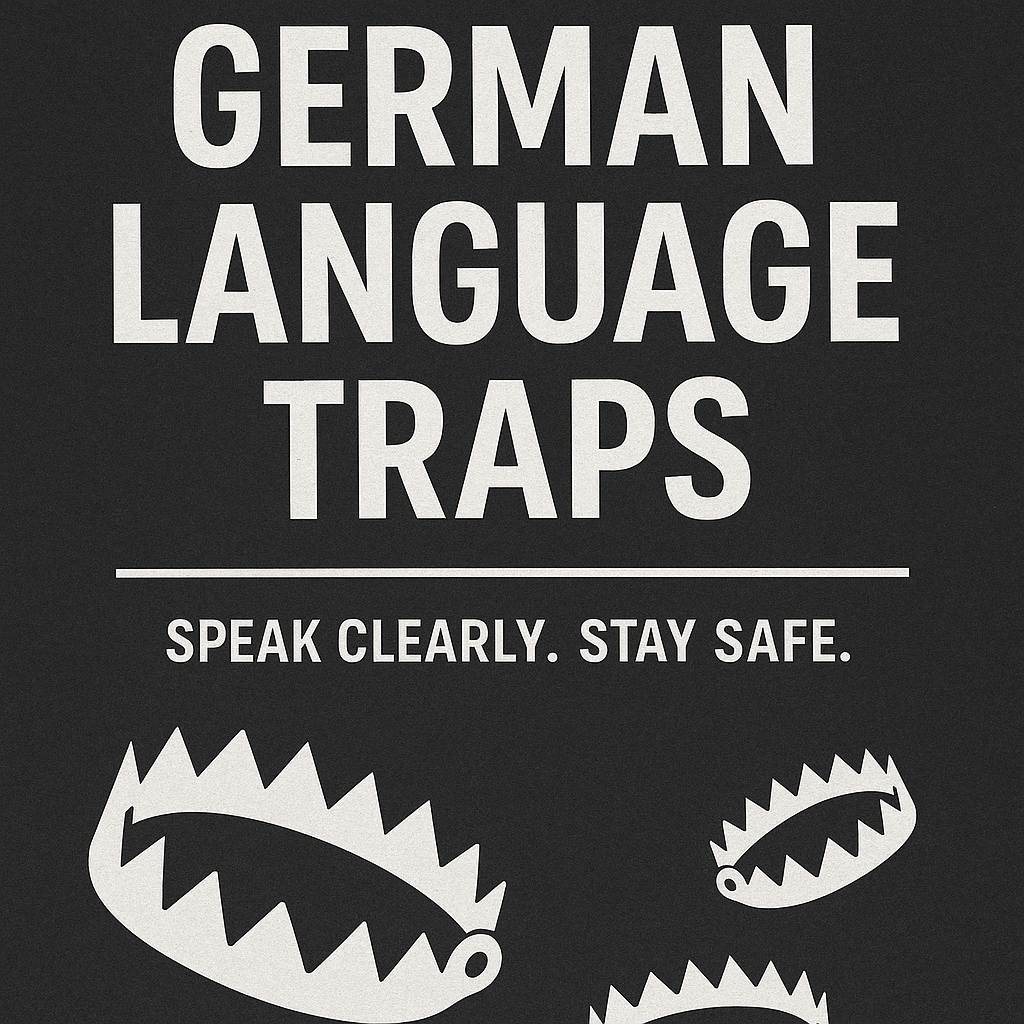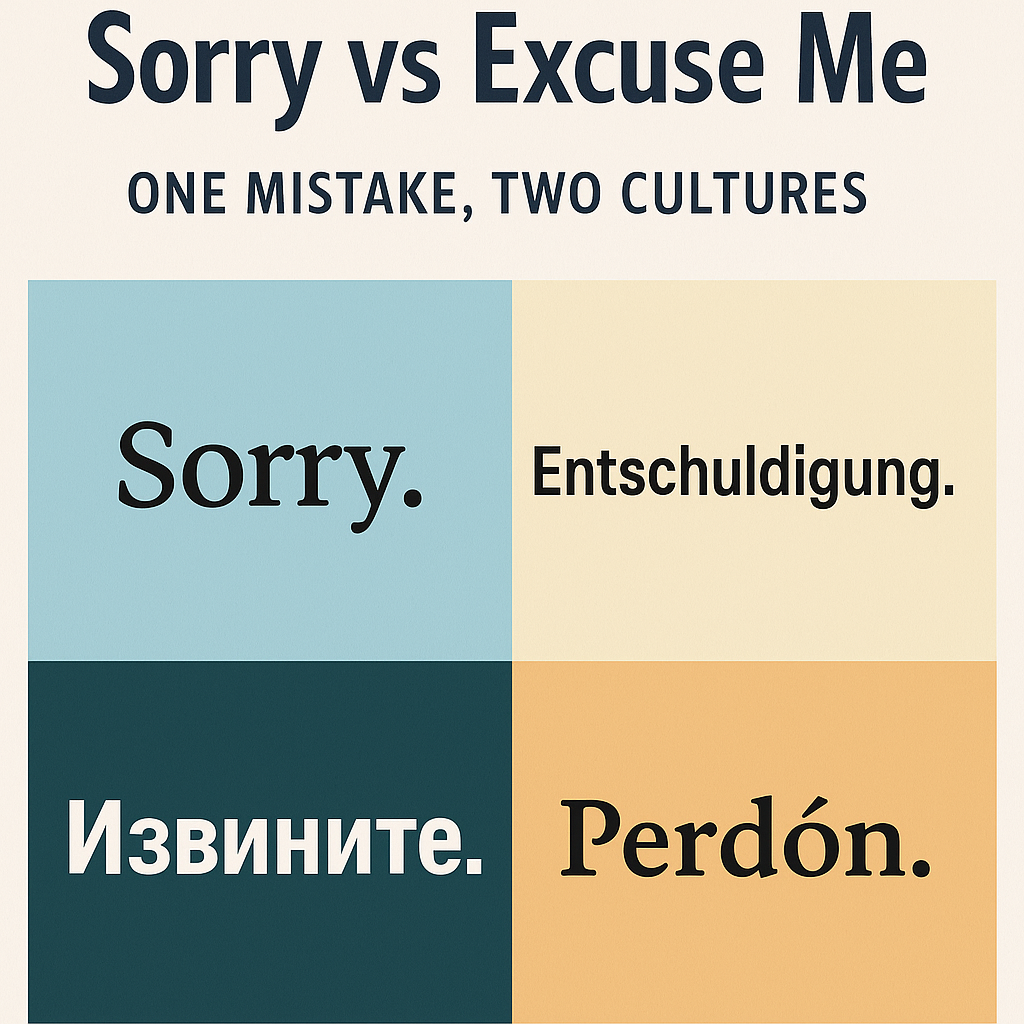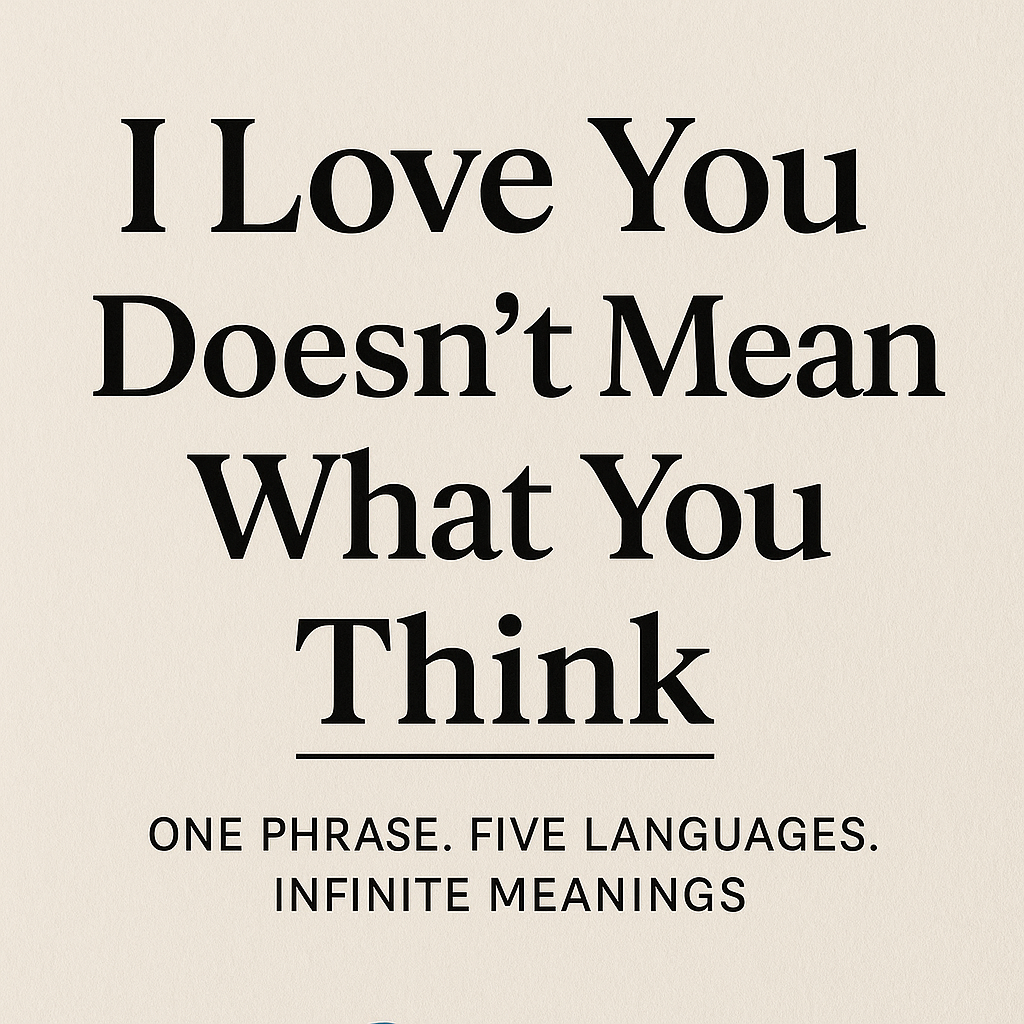What Politeness Really Means in Different Languages
“In English, you say sorry when you bump into someone.
In some cultures, you say nothing.
In others — you’re expected to explain your soul.”
— Tymur Levitin
Przy Szkoła językowa Levitin, we don’t just teach students to memorize polite phrases — we teach them to feel the logic behind them. Because when it comes to words like “sorry” oraz “excuse me,” the translation often misses the mark.
You can say the same thing in five different cultures — and be misunderstood in five different ways.
What’s the Difference?
In English, “I’m sorry” oraz “Excuse me” aren’t interchangeable — even if learners often confuse them.
- “I’m sorry” = something already happened
→ “I’m sorry I interrupted you.”
→ “Sorry I forgot.” - “Excuse me” = something you’re about to do
→ “Excuse me, may I ask a question?”
→ “Excuse me, can I get through?”
This time logic is essential.
Sorry is retrospective.
Excuse me is anticipatory.
And that distinction doesn’t exist the same way in every language.
Why Saying “Sorry” Isn’t Simple
Students often ask:
- “How do I say ‘Sorry’ in German?”
- “What’s the difference between Sorry and Excuse me?”
- “Why do Americans say sorry so much?”
The truth?
The phrase “I’m sorry” can express:
- apology
- sympathy
- request
- polite interruption
- even sarcasm
And sometimes… nothing at all. Just rhythm or tone.
English: Broad, Flexible, Social
“I’m sorry” in English is:
- soft
- frequent
- socially fluid
Examples:
- “I’m sorry, can I ask a question?”
- “Sorry, I didn’t see you.”
- “Sorry about your loss.”
- “Sorry, what?”
Meanwhile, “Excuse me” is more formal and specific:
- “Excuse me, sir.”
- “Excuse me, can I squeeze through?”
- “Excuse me, but…”
That’s why they aren’t interchangeable — even if textbooks suggest otherwise.
German: Precision and Formality
- Entschuldigung — formal “Excuse me” / “Sorry”
→ from Schuld — guilt
→ literally “removal of guilt” - Es tut mir leid — “I’m sorry”
→ literally “It causes me sorrow”
Germans rarely say “sorry” lightly.
Apologies are often formal, structured, and expected to be explained.
Using Entschuldigung casually or in the wrong tone can sound overly official — or even sarcastic.
Russian & Ukrainian: Weight of Words
In Rosyjski:
- Извините — formal, neutral
- Простите — deeper, emotional
- Прошу прощения — literary, apologetic
- Сорри — borrowed, casual, often ironic
In Ukraiński:
- Вибачте — polite standard
- Пробачте — personal, emotional
- Даруйте — soft, poetic
- Вибач / Пробач — informal; tone matters
In both languages, apologies often carry justification lub emotional weight.
Using a quick “oops! sorry!” may sound weak, insincere, or unnecessary — especially without tone or explanation.
Also, “Excuse me” as a soft anticipatory phrase (like in a crowd) doesn’t translate directly — causing confusion.
Spanish: Layers of Emotion
- Perdón — “Forgive me” (soft, polite)
- Lo siento — “I feel it” (emotional regret)
- Disculpa / Disculpe — “Excuse me” (informal/formal)
- Con permiso — for passing by or interrupting
In Hiszpański latynoamerykański, delivery is crucial.
Tone, facial expression, and gesture often carry more weight than the words themselves.
Example:
- “Perdón, lo siento mucho.”
→ A soft blend of regret and formality.
Translation Trap: One Phrase, Many Interpretations
Take the sentence:
“Sorry, can I ask you something?”
- Niemiecki: Entschuldigung, darf ich Sie etwas fragen?
→ Formal, polite - Rosyjski: Извините, можно вас спросить?
→ Neutral, formal - Hiszpański: Perdón, ¿puedo preguntarte algo?
→ Light, casual - Ukraiński: Вибачте, можна запитати?
→ Can sound overly apologetic
Each version varies by:
- intonation
- formality
- social distance
- cultural expectations
Why Students Get Confused
Because they try to translate word-for-word.
But:
- “Sorry” in English is short, light, and often emotionless
- In Slavic or Romance languages, it implies moral or emotional weight
So when a learner says “I’m sorry” just to squeeze past someone in a crowd — it may sound… dramatic.
What We Teach Instead
Przy Szkoła językowa Levitin, we help students:
✅ Recognize intent, not just grammar
✅ Compare native logic to target language logic
✅ Feel the tone, distance, and formality
✅ Use polite language naturally, not robotically
Because:
“Sorry” isn’t universal.
“Excuse me” doesn’t excuse everything.
Related Posts from Our Blog
- Thank You, Thanks, Thanks a Lot
- I Love You Doesn’t Mean What You Think
- Real Language Is Never Literal
- Grammar Is How We Think
📘 Part of the Series: Words You Know — Meanings You Don’t
Explore how familiar words carry unfamiliar meanings across languages and cultures.
👤 Autor: Tymur Levitin — Founder and Senior Instructor at Levitin Language School
🟦 Speak Free. Learn Smart.
🔗 Wybierz język
© Tymur Levitin. Wszelkie prawa zastrzeżone.






















